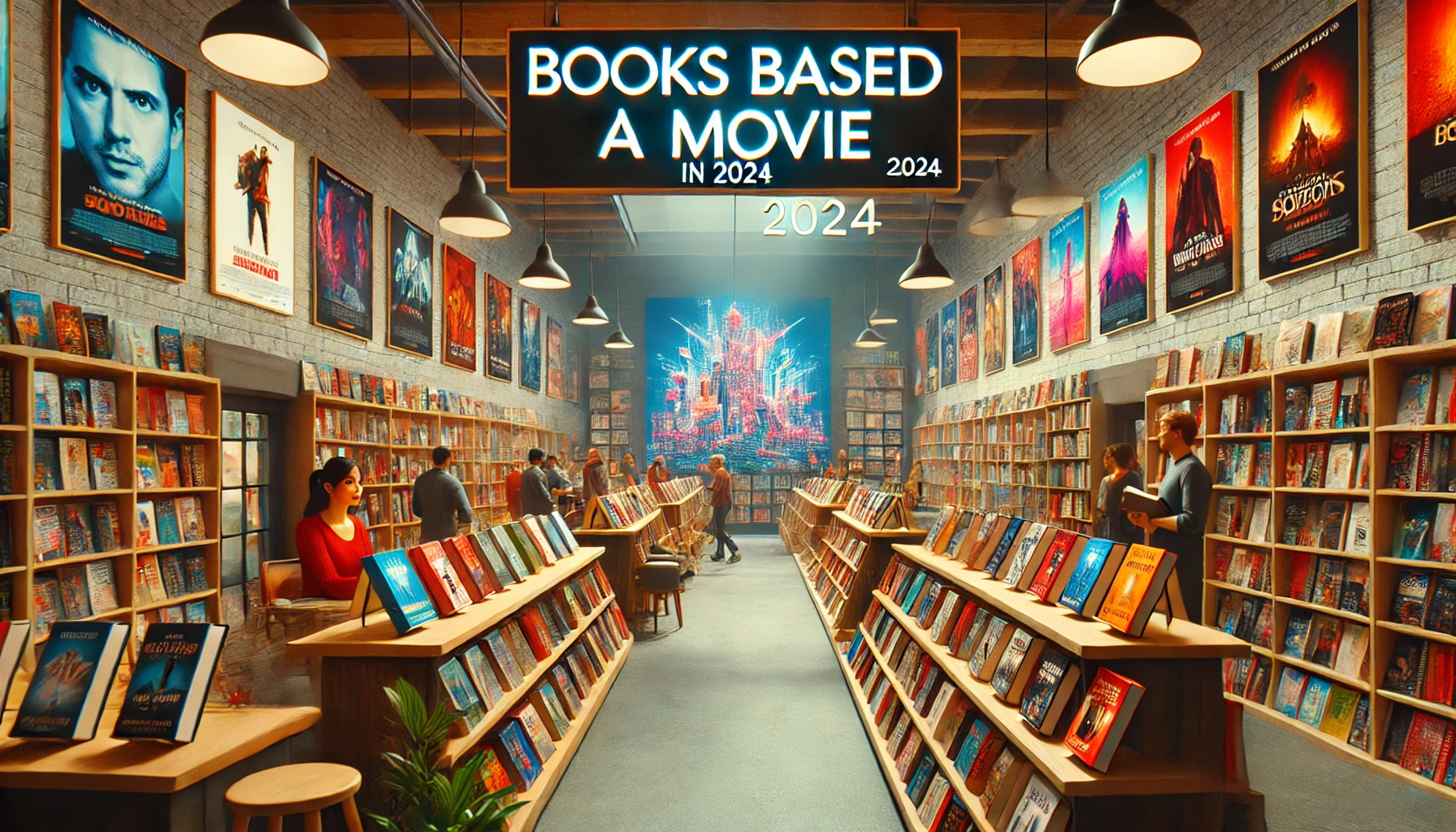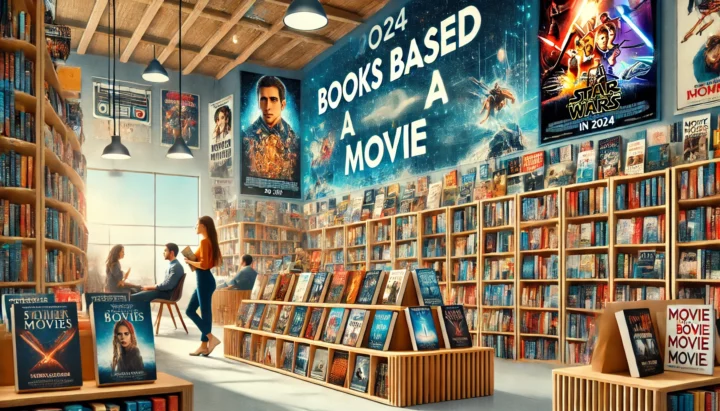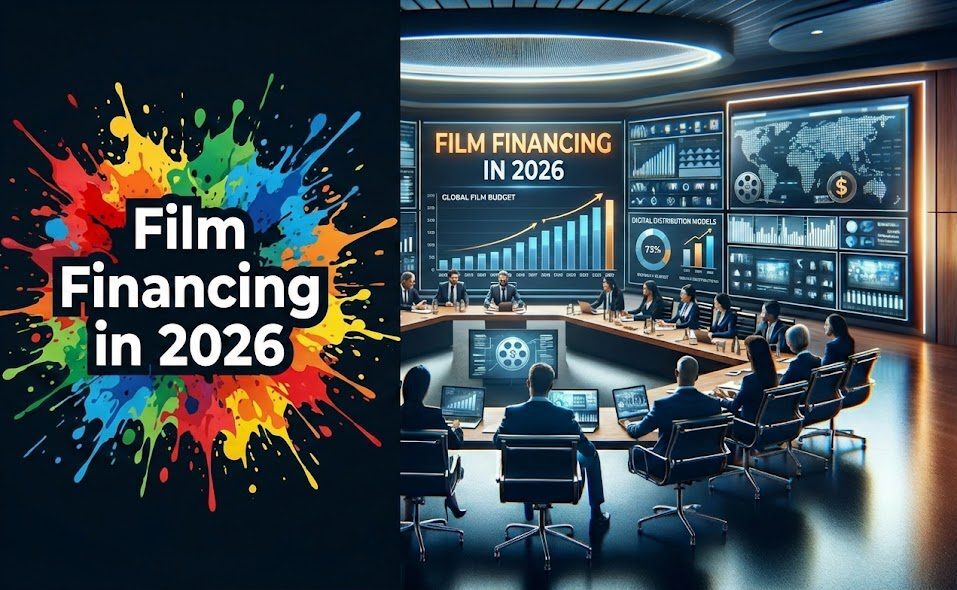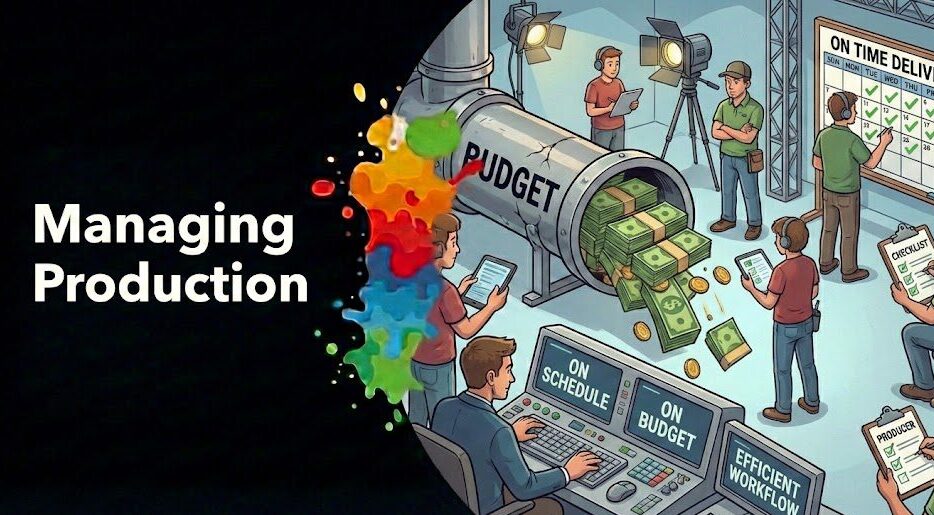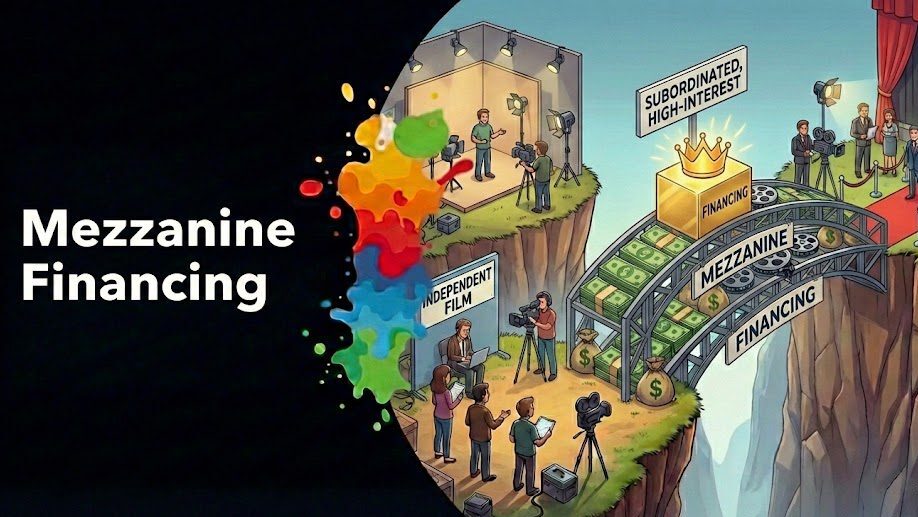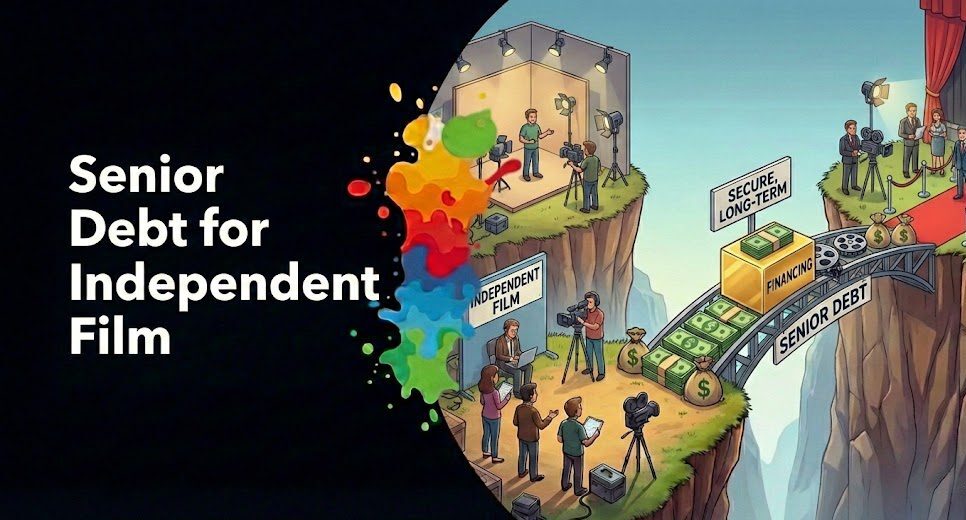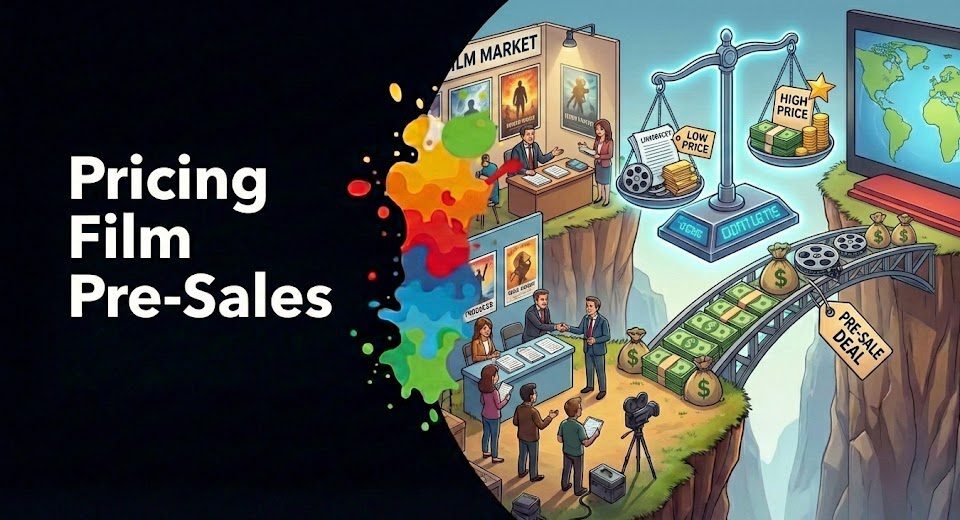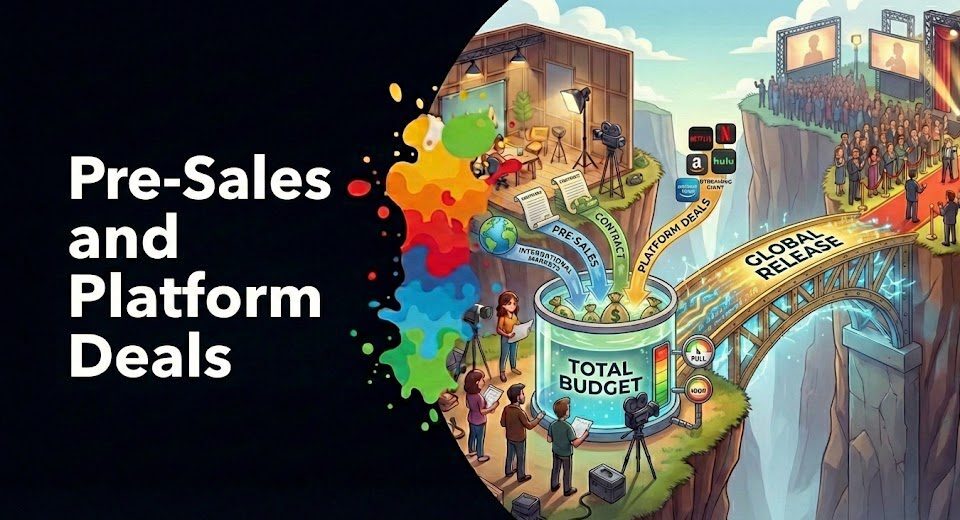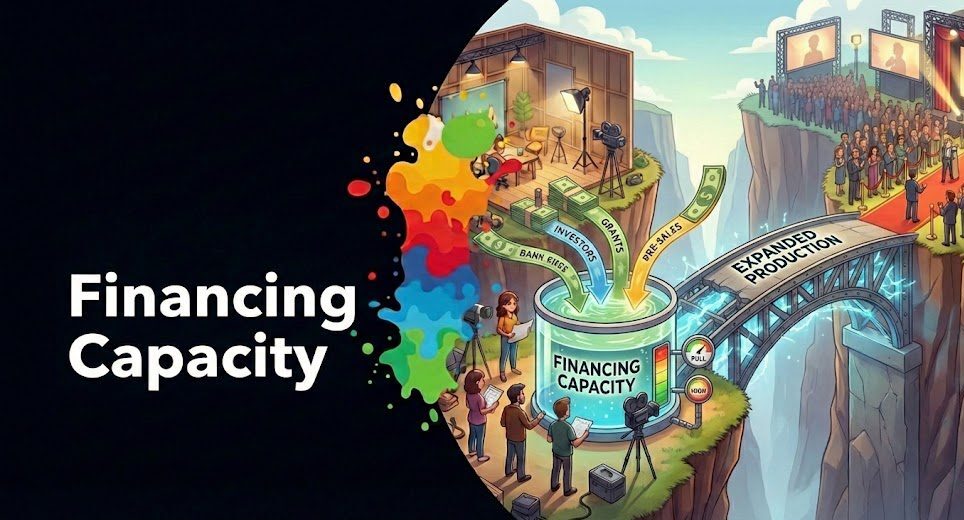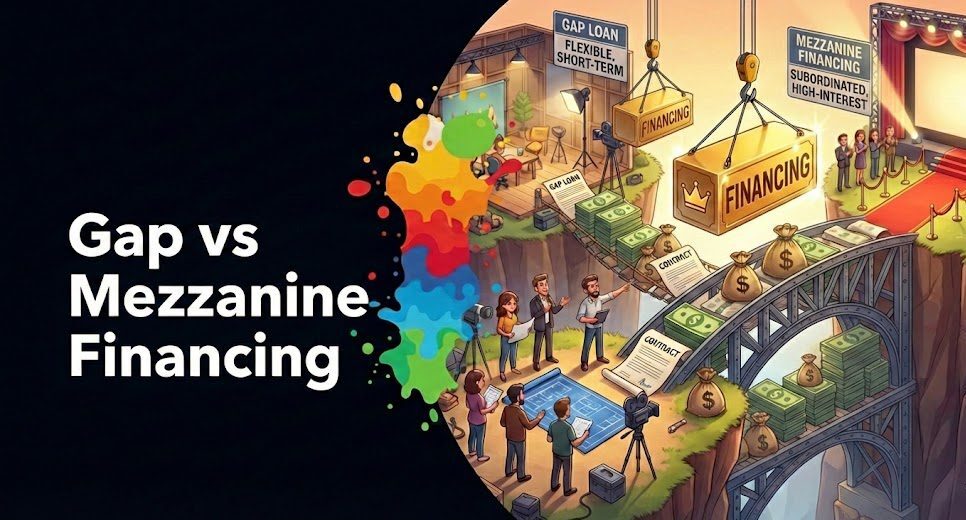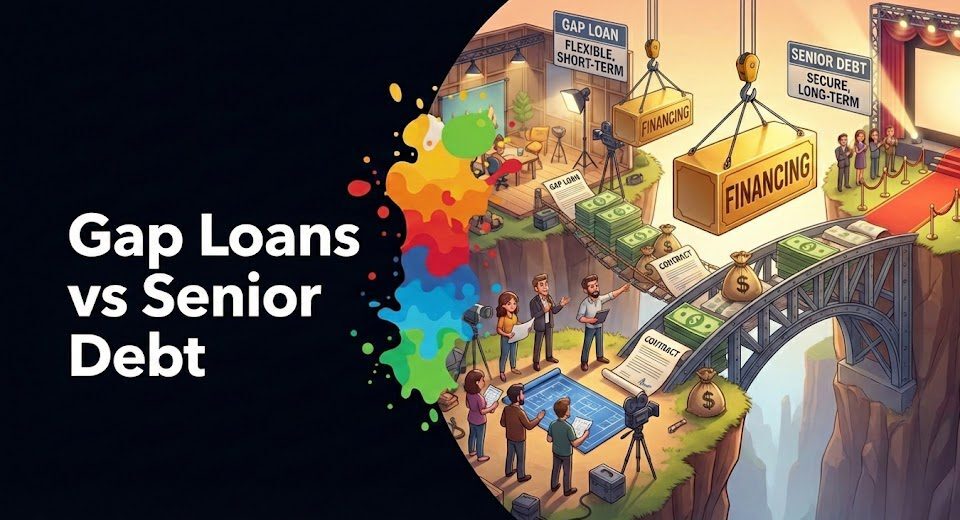The growing trend of creating books based on movies opens up new avenues for storytelling, allowing audiences to dive deeper into the stories and characters they loved on screen. For Vitrina’s audience—content buyers, publishers, and distributors—understanding how this process works can unlock exciting opportunities to engage new readers and extend the life of a film beyond the screen. This article will explore how books based on movies are written, marketed, and why they have become a powerful tool in the entertainment industry.
Introduction
Books based on movies represent a unique cross-section of entertainment where literature and cinema meet. Unlike traditional book-to-film adaptations, these novels provide a new layer of storytelling by expanding the plot, characters, and universe of films. For Vitrina’s target audience, understanding how this trend can be leveraged is key to exploring new revenue streams and extending the lifecycle of successful films.
These adaptations serve as a powerful way for publishers to capitalize on a film’s popularity and for content buyers to explore new content opportunities. In this article, we’ll examine the process behind writing books based on movies, the challenges involved, and the key genres where this trend thrives.
Key Takeaways
| Topic | Summary |
| What are books based on movies? | Learn how books based on movies extend a film’s universe |
| Writing Process | Understand how books based on movies are crafted and the authors involved |
| Popular Genres | Discover which genres succeed in these adaptations, from sci-fi to romance |
| Marketing Insights | Explore how these books are marketed and their commercial success |
| Vitrina’s Role | Learn how Vitrina connects publishers and content buyers with adaptation opportunities |
Producers Seeking Financing & Partnerships?
Book Your Free Concierge Outreach Consultation
(To know more about Vitrina Concierge Outreach Solutions click here)
Understanding Books Based on Movies
What Are Books Based on Movies?
Books based on movies are novelizations that either expand or re-tell the story originally created for the big screen. Unlike traditional adaptations where a book is turned into a movie, this process works in reverse. These books often provide extra depth, such as:
- Character backstories: Delving into character motivations that were not fully explored in the film.
- Alternate perspectives: Introducing new characters or points of view.
- Expanded plotlines: Offering scenes that might not have made it into the final cut of the movie.
Why Are Books Based on Movies Popular?
These books have gained popularity because they offer audiences more than what they saw in the theater. Fans who loved the film can return to the world they enjoyed, while discovering new layers of the story. The success of blockbuster franchises like Star Wars and Marvel is a testament to how these books fuel fan engagement and keep the conversation alive long after the movie’s credits roll.
Books Based on Movies vs Movies Based on Books
While most people are familiar with films adapted from books, the reverse—books based on movies—is becoming more prevalent. The key difference lies in how the story is constructed:
- Movies based on books often cut down content to fit a two-hour runtime.
- Books based on movies expand the universe, providing more in-depth storytelling.
How Do Books Based on Movies Differ from Original Books?
Books based on movies are usually written under tight deadlines, with authors working from scripts or screenplays rather than creating an original narrative from scratch. These books are more constrained by the visual elements and narrative arc of the film, which can limit the creative freedom authors typically enjoy in original fiction.
The Writing Process and Authorship
How Are Books Based on Movies Written?
The process of writing a book based on a movie starts with the screenplay. Authors tasked with turning a film into a book must balance staying true to the film’s story while adding the richness that readers expect from novels. The typical steps include:
- Breaking down the script: Translating visual scenes into descriptive prose.
- Expanding dialogue: Adding internal monologues and more in-depth conversations between characters.
- Filling in gaps: Creating scenes that may not have been included in the film but enhance the story.
How to Write a Book Based on a Movie
Writing a successful book based on a movie involves:
- Capturing the movie’s tone: The novel must reflect the same mood and style as the film.
- Character expansion: A novel allows for more detailed character exploration, which can be a key selling point.
- Pacing: Authors need to ensure that the book’s pacing keeps the story engaging, just like the film.
Top Authors Who Write Books Based on Movies
Some authors specialize in writing books based on popular films. For instance, Alan Dean Foster is known for his novelizations of Star Wars films, while J.W. Rinzler has written extensively on the Alien franchise. These writers bring their expertise in expanding cinematic universes into literary form.
Challenges in Writing Books Based on Movies
Authors face several challenges when adapting a movie into a book:
- Staying true to the film: Fans expect the book to closely match the movie’s plot and tone.
- Adding new material: While the book needs to expand on the film, it must not stray too far from the original narrative.
Genre-Specific Books Based on Movies
Books Based on Popular Superhero Movies
Superhero movies dominate the box office, and many of these have been adapted into books. Titles like The Avengers and Spider-Man expand their cinematic universes with novels that explore new character dynamics and side plots.
Books Based on Science Fiction Movies
Books based on science fiction movies like Blade Runner and Star Wars have found success by delving into the vast universes established by these films. These books often introduce new worlds or focus on minor characters, giving fans more to explore.
Books Based on Animated Films
Animated movies, particularly those from Disney, have inspired a range of novelizations. Frozen, Toy Story, and The Lion King all have book versions that cater to younger audiences, helping to build lifelong fanbases.
Books Based on Major Franchises and Award-Winning Films
Books Based on Movie Franchises
Film franchises like Harry Potter, The Matrix, and Pirates of the Caribbean have expanded their reach through books. These books often explore side stories, filling in gaps left by the movies or providing backstories for beloved characters.
Books Based on Blockbuster Movies
Blockbuster hits like Jurassic Park and Avatar have inspired books that expand on their success. These books provide fans with an even deeper dive into the worlds and characters they first met on screen.
Books Based on Disney Movies
Many of Disney’s biggest hits, from Aladdin to Beauty and the Beast, have been adapted into books that offer a fresh take on these timeless stories. These books, often aimed at both children and adults, keep the magic alive long after the movie ends.
Marketing and Industry Insights
How Are Books Based on Movies Marketed?
Marketing books based on movies involves leveraging the film’s existing fanbase. Effective strategies include:
- Cross-promotion: Timing book releases with DVD, Blu-ray, or streaming launches to maximize visibility.
- Social media engagement: Using fan communities to spread the word about the book’s release.
- Movie tie-in covers: Featuring the film’s actors and artwork on book covers to attract fans.
How Books Based on Movies Expand a Film’s Universe
Books based on movies serve to expand the film’s universe by:
- Filling in plot holes: These books often address questions left unanswered in the movie.
- Exploring new characters: Introducing secondary characters not fully explored in the film.
Why Do Studios Commission Books Based on Movies?
Studios commission books based on movies to:
- Extend the film’s reach: By offering fans more content, they can keep the buzz alive.
- Monetize the brand: Books offer another revenue stream, particularly for major franchises.
Advanced Comparisons and Considerations
Books Based on Movies vs Original Movie Scripts
When comparing books based on movies with the original movie scripts:
- Books offer more depth: Novels can provide additional character development and world-building.
- Scripts focus on dialogue and action: Screenplays are more limited in detail, focusing on what will be shown on screen.
Best-Selling Books Based on Movies
Several books based on movies have achieved commercial success. Titles such as Star Wars: A New Hope and The Hunger Games have turned into bestsellers, proving the value of these adaptations.
Books Based on Movies: A Complete Guide
This section serves as a comprehensive guide, covering everything from the writing process to marketing and key genres. Whether you’re a publisher or content buyer, these books represent a growing trend in the entertainment industry.
Conclusion
Books based on movies provide an exciting opportunity for content buyers, publishers, and distributors to tap into new markets. These adaptations expand on beloved stories, giving fans more content and enhancing the longevity of successful films. For Vitrina’s audience, understanding the potential of these adaptations can lead to lucrative partnerships and creative growth. Whether you’re exploring a new franchise or capitalizing on a blockbuster, books based on movies are a dynamic way to bridge the worlds of film and literature.
Frequently Asked Questions
Books based on movies are novelizations that adapt or expand upon a film’s story.
To extend the film’s universe and offer fans more content while generating additional revenue.
Popular genres include sci-fi, fantasy, superhero, and animated films.
Yes, they usually follow the film’s narrative closely but expand on details and character development.
Yes, Vitrina facilitates partnerships between publishers and content buyers for book-to-movie adaptations.
Looking to explore the world of books based on movies? Join Vitrina today and connect with publishers, content buyers, and distributors looking to leverage the power of film-to-book adaptations. Discover new opportunities and start expanding your content portfolio now!


